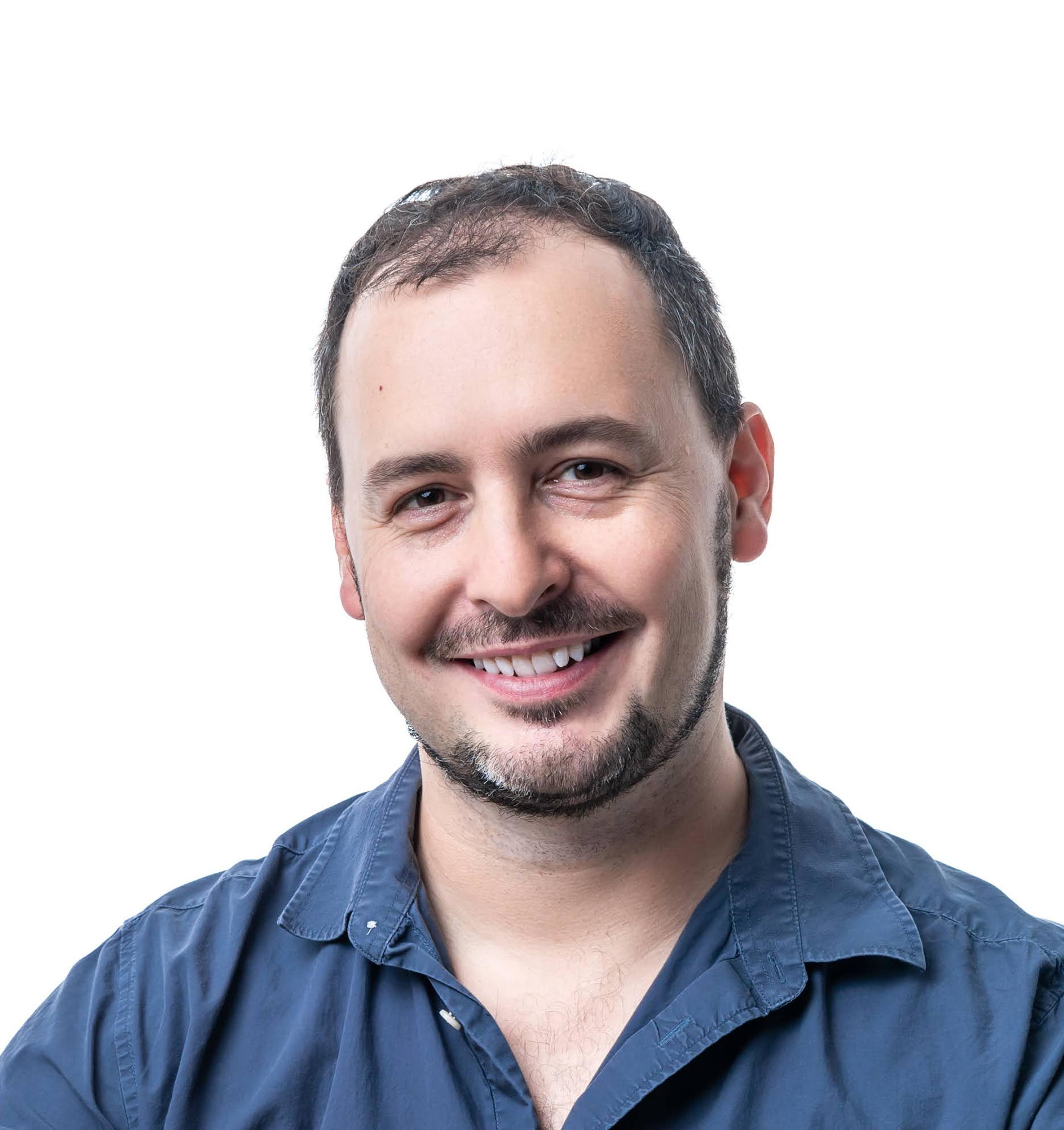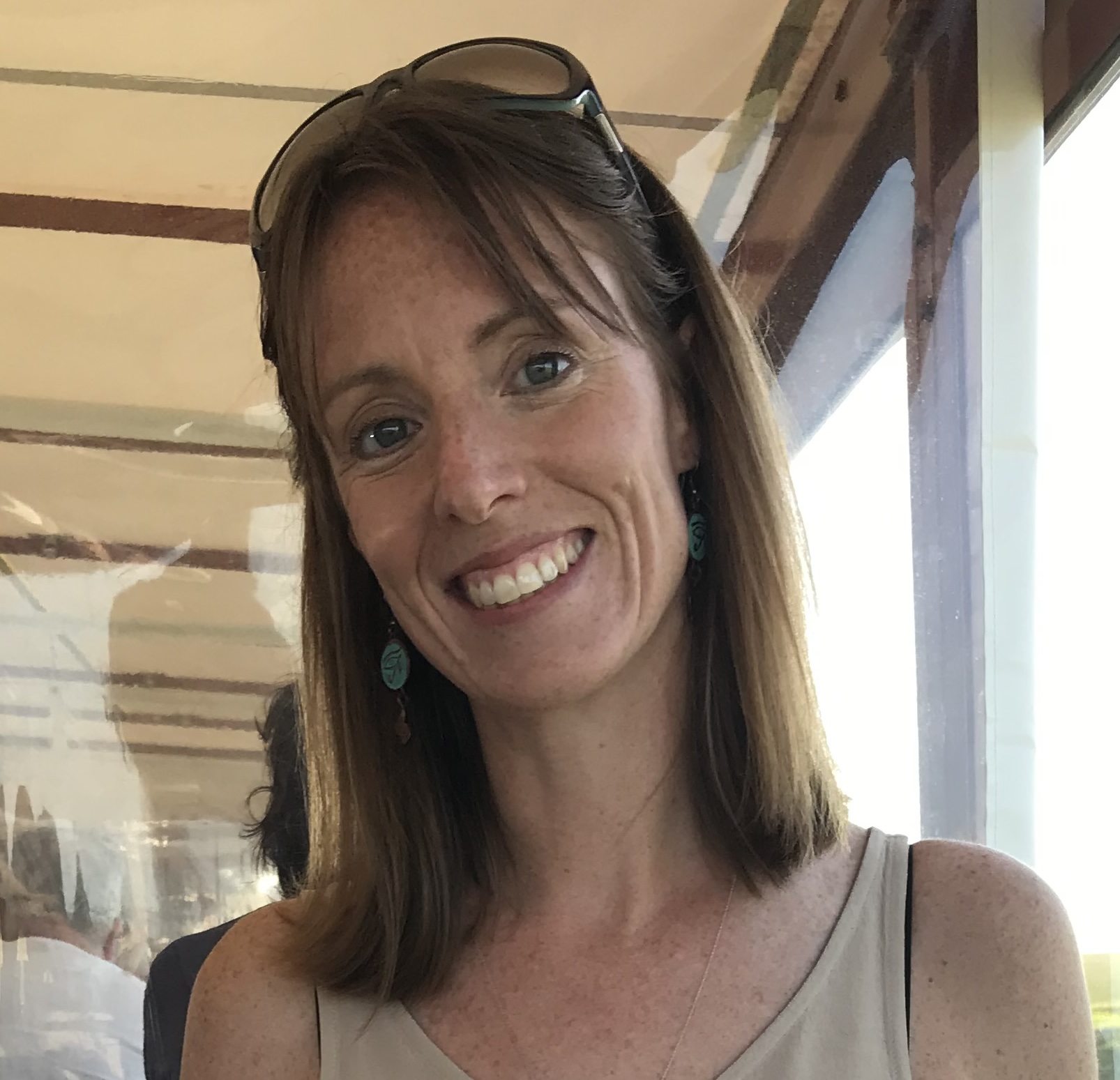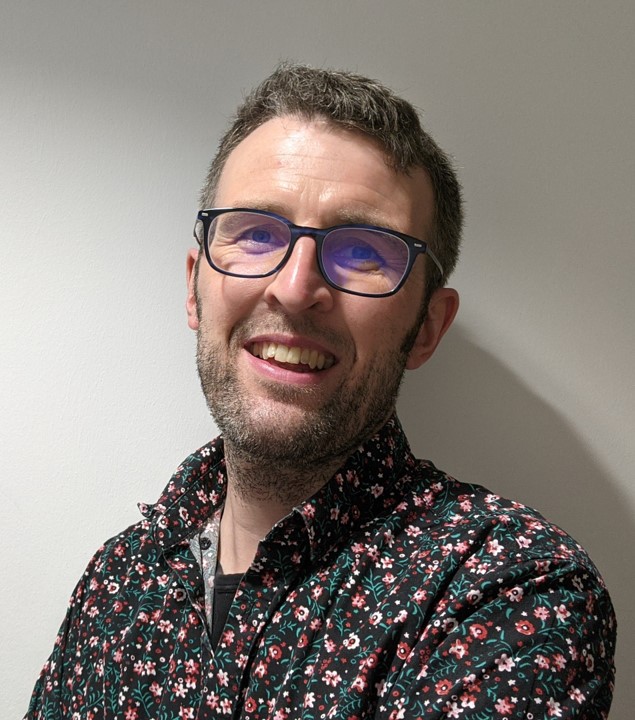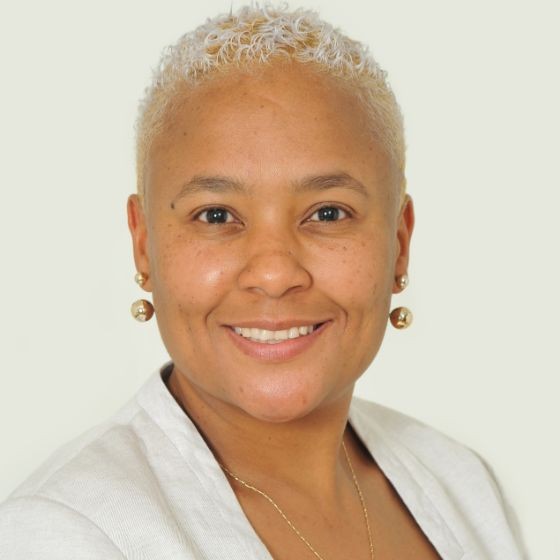2024 Board of Directors Election
All members of the Metabolomics Society are welcomed and encouraged to participate in the 2024 Board of Directors election. Voting is open now through August 20, 2024, at 11:59pm USA CST. Complete details on elections can be found here.
This webpage contains a list of nominees as well as biographies and statements of interest regarding serving on the Board. You can meet the candidates and review their mission statements by clicking on each nominee below. Please take a moment to review this information before placing your votes.
Running for a Second Term
New Nominees
How To Vote:
Each member has seven (7) votes. You must be a current member of the Society. If you have not signed up for membership in 2024, sign up here: 2024 Membership. Once you have activated your membership you can vote in the election.
Voting is now open through August 20, 2024, at 11:59pm USA CST.
Contact info@metabolomicssociety.org for assistance.
The deadline to vote was August 20, 2024.






























